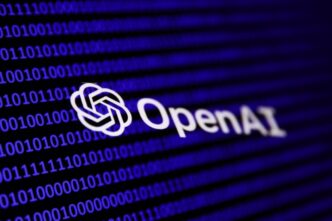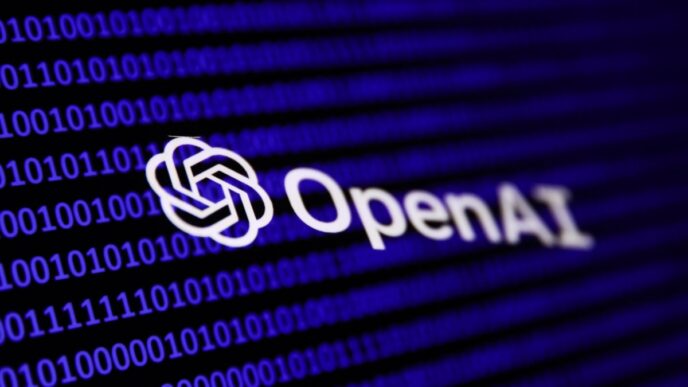Anthropic launched the Economic Futures Program on Friday to study AI’s impact on jobs and the economy. The program aims to support research and develop policies addressing AI-driven shifts in labor markets worldwide.
The company is offering up to $50,000 in grants for rapid research on AI’s economic effects. It also plans symposia in Washington, D.C., and Europe to gather policy ideas from diverse perspectives.
Sarah Heck, head of policy programs at Anthropic, told TechCrunch the goal is to understand real-world changes, not push predetermined views on AI’s impact. Anthropic wants to track not only job loss but also new kinds of jobs and shifts in economic value.
“Everybody’s asking questions about what are the economic impacts [of AI], both positive and negative,”
Sarah Heck, Anthropic head of policy programs and partnerships, said.“It’s really important to root these conversations in evidence and not have predetermined outcomes or views on what’s going to [happen].”
Anthropic CEO Dario Amodei previously warned AI could eliminate half of entry-level white-collar jobs and drive unemployment to 20% within five years. Heck said the program will convene experts to explore mitigation only if job loss happens.
Anthropic’s program builds on its Economic Index, launched earlier this year, which publishes anonymized data on AI’s labor market effects—a contrast to competitors who keep such data private.
The initiative focuses on grants, policy forums, and building datasets to track AI’s economic use. Partners will get access to Claude API credits and resources to back their work. Heck wants fast, high-quality data projects that finish within six months, without requiring peer review.
“If there is job loss, then we should convene a collective group of thinkers to talk about mitigation.
If there will be huge GDP expansion, great. We should also convene policy makers to figure out what to do with that. I don’t think any of this will be a monolith.”
Sarah Heck
Anthropic’s program is a nod to growing pressure on AI firms to address disruptive impacts. Rival OpenAI released its Economic Blueprint in January focusing on AI adoption, infrastructure, and economic zones—without directly tackling job loss.
Anthropic wants to study broader economic effects including fiscal policy and new workflow transformations. The company is actively seeking independent researchers to collaborate on the project.
This follows other tech moves like ride-hail giant Lyft launching a forum to gather driver input on integrating robotaxis.
Anthropic is betting evidence-based research and open data can help shape smarter AI policies as the economy faces rapid AI-driven change.














